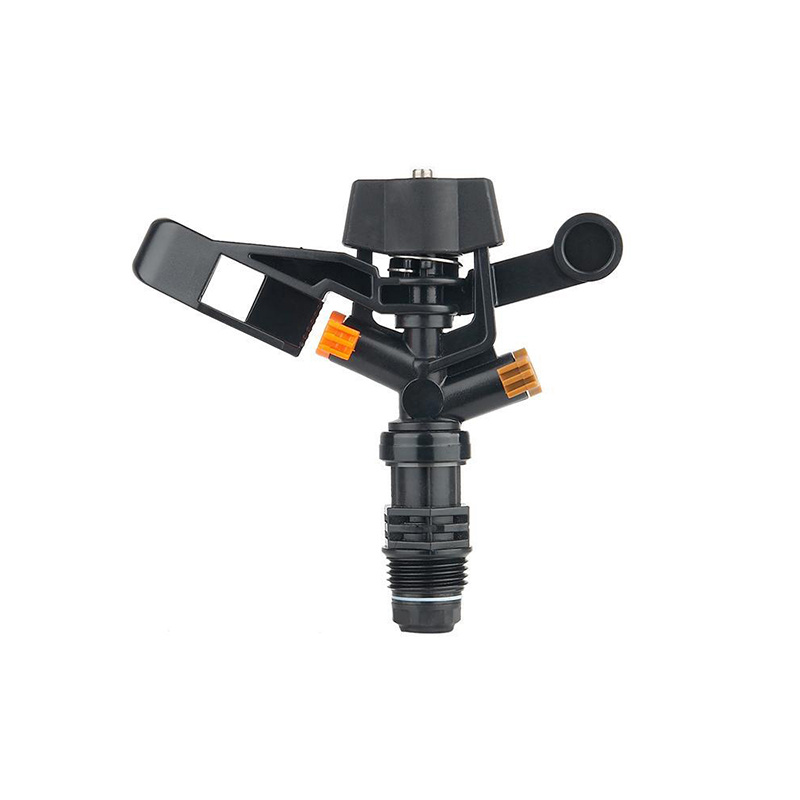Maximizing Efficiency with Greenhouse Sprinkler Systems
Greenhouse sprinkler systems play a vital role in modern agriculture, particularly in the realm of controlled environments. These systems are designed to efficiently distribute water, ensuring that plants receive the necessary moisture for optimal growth while minimizing water wastage. Below are some key considerations and advantages of implementing greenhouse sprinkler systems in your agricultural practices.

1. Water Efficiency:
One of the most significant benefits of sprinkler systems is their ability to conserve water. Unlike traditional irrigation methods that may lead to runoff or evaporation, sprinkler systems can be programmed to deliver precise amounts of water directly to the plants. This targeted approach not only reduces water usage but also promotes healthier plant growth by preventing overwatering and associated root problems.
2. Uniform Coverage:
Greenhouse sprinkler systems are designed to provide uniform water distribution across the growing area. This consistency is critical, as uneven watering can lead to stress in plants, resulting in poor growth and yields. By ensuring that water reaches every part of the greenhouse evenly, these systems help create an optimal microclimate for plant development.
3. Automation and Control:
Modern greenhouse sprinkler systems can be equipped with advanced technology, allowing for automation and remote control. This capability enables growers to set specific watering schedules, adjust the frequency and duration of irrigation, and even monitor soil moisture levels. Such automation not only saves time and labor but also enhances precision in water management.
4. Compatibility with Other Systems:
Greenhouse sprinkler systems can seamlessly integrate with other irrigation methods, such as drip irrigation or misting systems. This flexibility allows growers to tailor their irrigation strategy based on the specific needs of different crops. For instance, while some plants may thrive with a heavy sprinkle, others may require a gentle misting to avoid damage.
5. Disease Prevention:
By providing adequate moisture levels without excess water pooling, sprinkler systems can help reduce the incidence of plant diseases that thrive in overly wet conditions. Maintaining proper humidity levels is crucial in a greenhouse environment, and a well-designed sprinkler system can assist in achieving this balance.
6. Installation and Maintenance:
When considering the installation of a greenhouse sprinkler system, it is essential to evaluate your greenhouse layout, plant types, and specific watering needs. Professional installation can ensure optimal system performance, and regular maintenance is crucial to avoid clogs and ensure longevity.
Greenhouse sprinkler systems are an invaluable asset for modern agricultural practices. By enhancing water efficiency, providing uniform coverage, and coupling automation with disease prevention, these systems elevate the efficiency of irrigation in controlled environments. Investing in a well-designed sprinkler system can lead to healthier plants, improved yields, and sustainable water use, making it a worthwhile consideration for any grower looking to optimize their greenhouse operations.

评论
发表评论